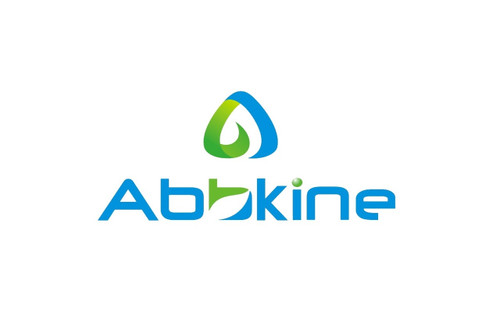Product Description
Rabbit Tumor necrosis factor-inducible gene 6 protein (TNFAIP6) ELISA Kit | AE14040RB | Abebio
Species Reactivity: Rabbit (Oryctolagus cuniculus)
Abbreviation: TNFAIP6
Alternative Name: TSG-6; TSG6; hyaluronate-binding protein|tumor necrosis factor alpha-inducible protein 6|tumor necrosis factor-inducible protein 6|tumor necrosis factor-stimulated gene-6 protein
Application: ELISA
Range: Request Information
Sensitivity: Request Information
Intra-Assay: ≤5.3%
Inter-Assay: ≤6.9%
Recovery: 0, 95
Sample Type: Serum, Plasma, Other biological fluids
Detection Method: Sandwich
Analysis Method : Quantitive
Test Principale: This assay employs a two-site sandwich ELISA to quantitate TNFAIP6 in samples. An antibody specific for TNFAIP6 has been pre-coated onto a microplate. Standards and samples are pipetted into the wells and anyTNFAIP6 present is bound by the immobilized antibody. After removing any unbound substances, a biotin-conjugated antibody specific for TNFAIP6 is added to the wells. After washing, Streptavidin conjugated Horseradish Peroxidase (HRP) is added to the wells. Following a wash to remove any unbound avidin-enzyme reagent, a substrate solution is added to the wells and color develops in proportion to the amount of TNFAIP6 bound in the initial step. The color development is stopped and the intensity of the color is measured.
Product Overview: TSG-6 is a 30 kDa secreted protein that contains a hyaluronan-binding LINK domain a and thus is a member of the hyaluronan-binding protein family, also called hyaladherins. The hyaluronan-binding domain is known to be involved in extracellular matrix stability and cell migration. This protein has been shown to form a stable, covalent complex with inter-alpha-inhibitor (IαI), and thus enhance the serine protease inhibitory activity of IαI, which is important in the protease network associated with inflammation. The expression of this gene can be induced by a number of signalling molecules, principally tumor necrosis factor α (TNF-α) and interleukin-1 (IL-1) . The expression can also be induced by mechanical stimuli in vascular smooth muscle cells, and is found to be correlated with proteoglycan synthesis and aggregation.
Stability: The stability of ELISA kit is determined by the loss rate of activity. The loss rate of this kit is less than 5% within the expiration date under appropriate storage condition. The loss rate was determined by accelerated thermal degradation test. Keep the kit at 37°C for 4 and 7 days, and compare O.D.values of the kit kept at 37°C with that of at recommended temperature. (referring from China Biological Products Standard, which was calculated by the Arrhenius equation. For ELISA kit, 4 days storage at 37°C can be considered as 6 months at 2 - 8°C, which means 7 days at 37°C equaling 12 months at 2 - 8°C) .
 Euro
Euro
 USD
USD
 British Pound
British Pound
 NULL
NULL












